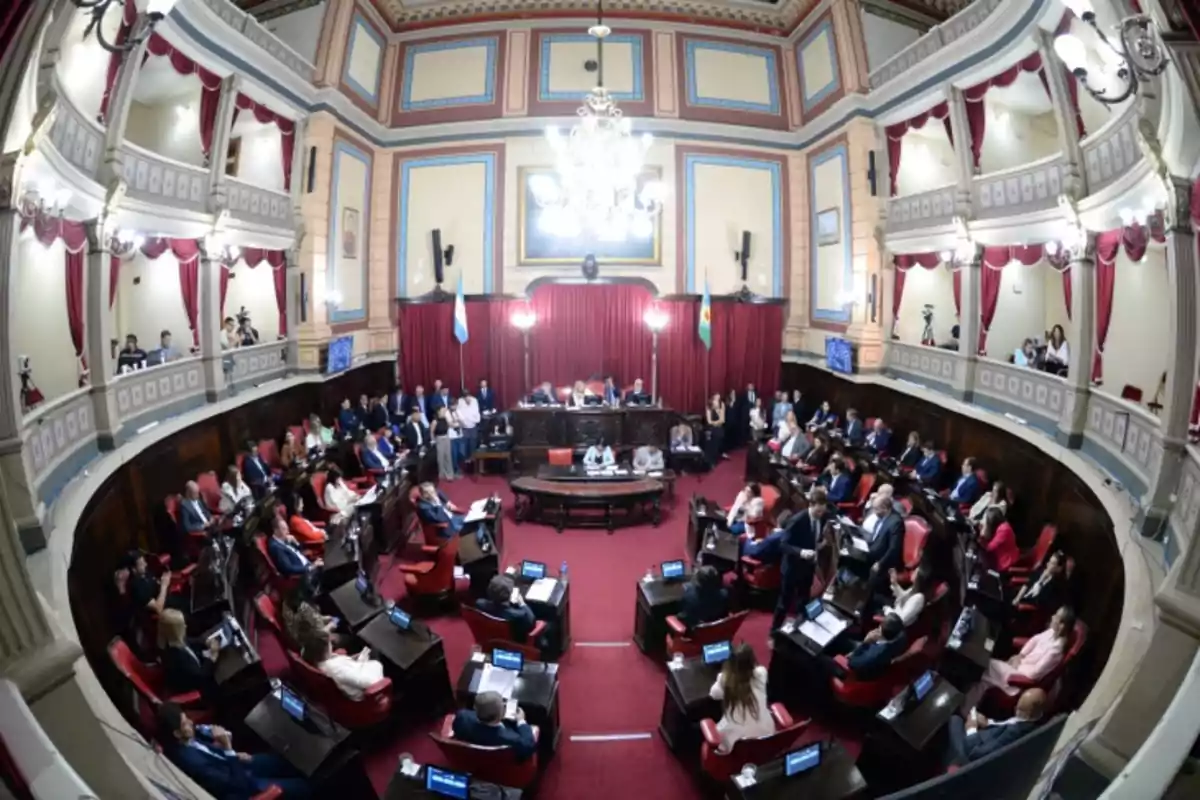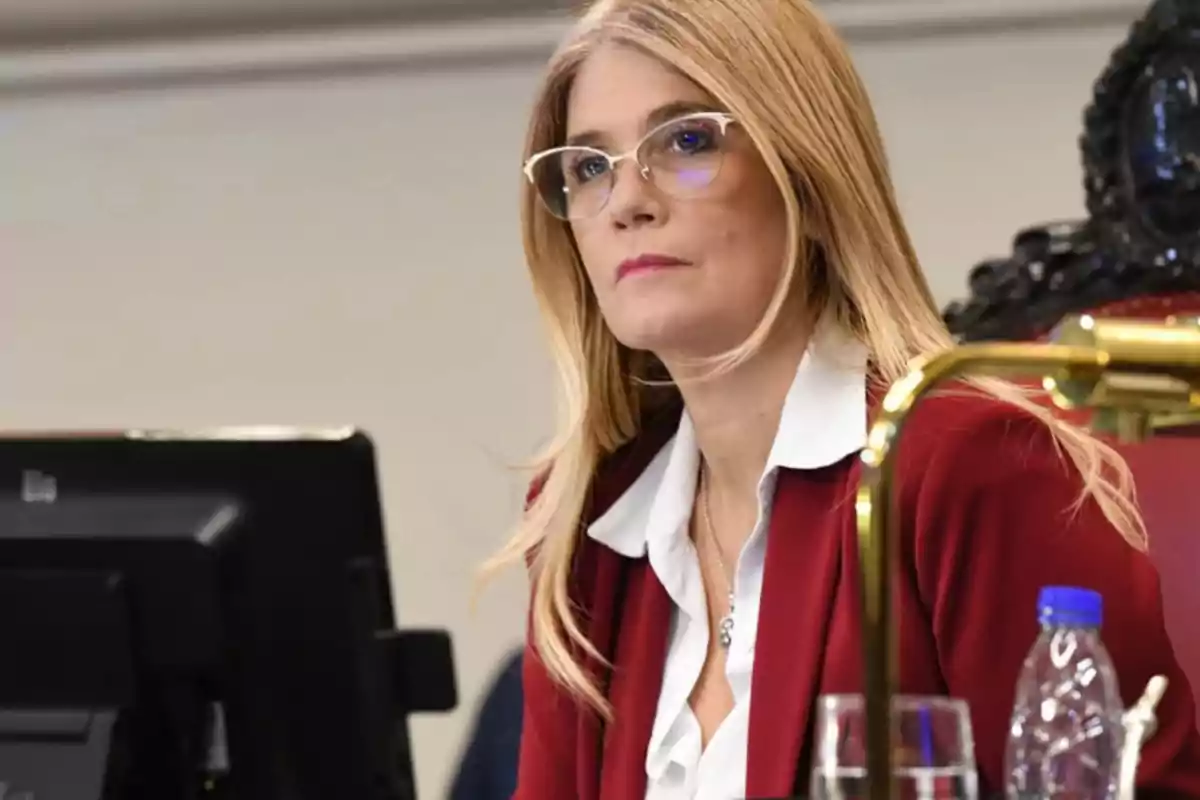
The corrupt PBA Senate gave preliminary approval to the indefinite re-election of legislators
With Verónica Magario's decisive vote, Kirchnerism managed to secure preliminary approval for this law
In a session marked by political opportunism and disregard for republican principles, the Senate of the Province ofBuenos Airesapproved on Thursday a bill that enables the indefinite reelection of senators, deputies, councilors, and school board members. The technical tie in the vote—22 votes in favor and 22 against—was broken by the vote of Lieutenant Governor Kirchnerista Verónica Magario, who broke the tie in favor and declared: "My vote is positive. So the bill has half approval."
The initiative, promoted by a sector of Kirchnerismo, represents an unprecedented institutional setback since the enactment of the 2016 law, which limited consecutive terms in the Legislature and municipal offices to two. That regulation, promoted during María Eugenia Vidal's administration, sought to curb the lifelong professionalization of politics, an endemic evil that prevents the renewal of ideas and figures.

Now, the new text—which still needs to be approved in the Chamber of Deputies—reinstates the privilege of indefinite reelection for legislators, although it excludes mayors from this benefit. This detail is not minor: it was interpreted as a balancing move between Kirchnerismo and Governor Axel Kicillof's sector, amid rumors about possible agreements to suspend the PASO primaries.
Of the 21 Peronist senators, 19 voted in favor. They were joined by two unexpected allies: a libertarian legislator with a dialoguing profile and Senator Marcelo Daletto, linked to Monzoísmo. This circumstantial alliance exposed a network of shared interests among territorial leaders who resist giving up their seats and privileges.
The opposing vote came from opposition blocs such as the UCR, PRO, and the most hardline core of La Libertad Avanza, who spoke out forcefully against what they consider an anti-democratic maneuver. Radical Agustín Maspoli was blunt: "The province has many problems to face in health, education, and security. This is not the time to discuss electoral privileges."

Within the ruling party itself, there were fissures: Senator Sofía Vanelli, from Massismo, defended the historical position of the Frente Renovador and voted against. Senator Federico Fagioli, from Juan Grabois's group, also opposed, having already blocked the discussion on previous occasions.
In the libertarian camp, Senator Silvana Ventura abstained, which facilitated the tie and forced Magario to intervene. Her lack of definition caused criticism even within her own group, who see this law as a betrayal of the principles of political renewal and institutional transparency.
With this half approval, Buenos Aires Peronism shields itself electorally and moves toward a Legislature eternally occupied by the same names. It is a victory of the political apparatus over the citizenry, of backroom negotiations over the popular will.
Meanwhile, Buenos Aires residents face real emergencies—such as the collapse of the health system, rising insecurity, and a declining public education—their representatives choose to legislate for their own benefit, reinstalling a circular power model where office becomes private property.
More posts: